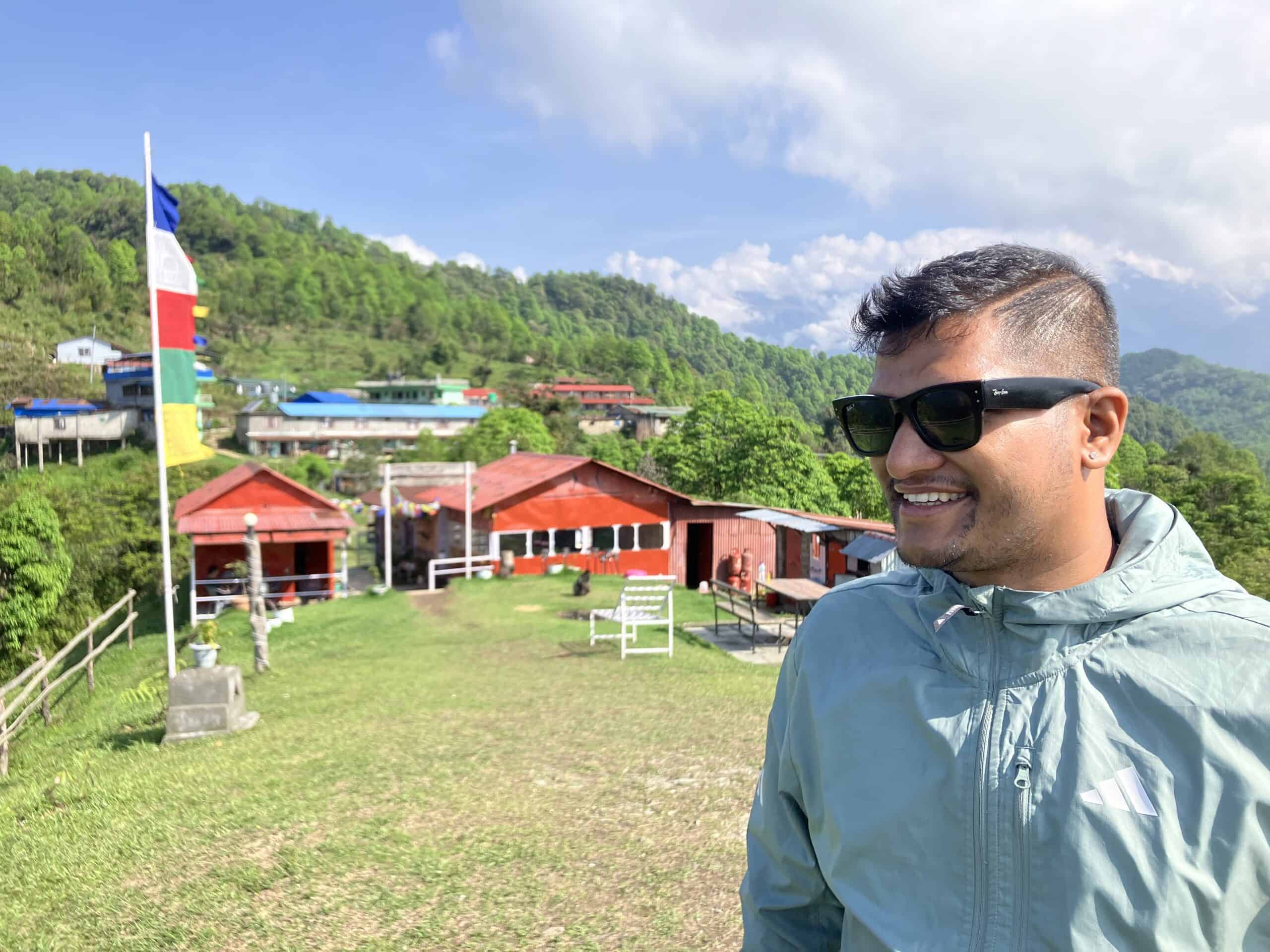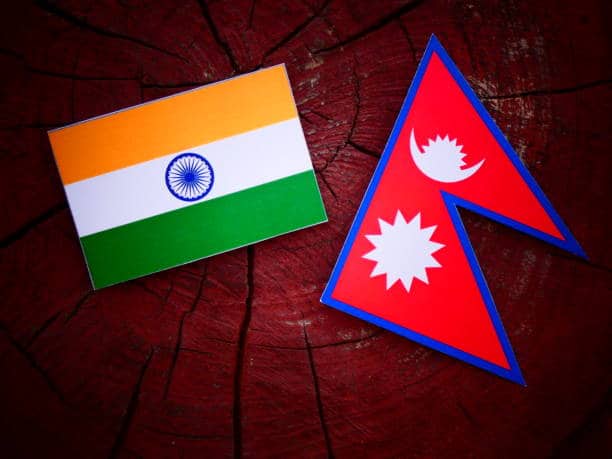- Restrictive immigration policy in Australia has boosted numbers coming to UK.
- 75% of the market is searching for undergraduate options with affordable fees.
- Medium-of-instruction (MOI) English language waivers are common, and often linked to TNE college partnerships.
Nepal has been a key recruitment market for both Australia and the UK for many years – but as the number of students applying to the UK rises, many more universities are starting to explore the market.
In the year ending March 2024, according to ONS data, 9,003 Nepalese students were issued study visas for the UK, with the number undoubtedly larger for the intakes since.
According to Enroly, the number of CASs issued for the January 2025 intake was up 200% while CAS issuance for its entire UK portfolio was only up 23%. Overall, the total market share of CAS issuance for Nepal grew from 3% to 7% in 2024.
This impressive growth has come at a time when some British universities have seen falling demand from other international markets, and the government has announced a student visa clamp-down on Bangladesh, Pakistan, Nigeria and Sri Lanka – linked to asylum claims.
So why are Nepalese students choosing the UK and will it last?
Over 60,000 Nepalese students previously chose to study in Australia each year, making it the third biggest source market for the country.
Recent visa restrictions imposed by the Albanese government, however, are now forcing many students to seek an alternative destination.
While the Australian visa process requires detailed evidence on income, the UK system allows students to show a mature bank account, often supplemented by private student loans.
Enroly estimates that 78% of Nepalese students are now funded through education loans, or a combination of an education loan and university discount.
Affordable fees and scholarships
Despite economic growth, projected to be 4.61% this fiscal year, Nepal is still a price-senstitive market.
As a consequence, there are 15-20 British universities from the ‘Million Plus’ and ‘Alliance’ groups attracting a large market share in the country.
Many of these institutions are the same UK universities that are diversifying income through franchise activity, brand campuses and TNE articulations.
Offering average annual fees of between £11,500 and £13,500 enables them to attract a large number of predominently undergraduate students to supplement their numbers.
According to HESA statistics, some of the biggest recruiters are BPP, University of Sunderland and Coventry University.
The latter have validation partnerships with local providers such as ISMT College and Softwarica College of IT and eCommerce, respectively, creating a pipeline of students that can top-up with a final year in the UK or progress easily on to masters degree.
The UK universities recruiting the most students from Nepal:
- University of West Scotland, London
- BPP
- Coventry University
- University of Sunderland
- University of Roehampton
- York St John University
- Ravensbourne University London
- University of East London (UEL)
- University of West London
- University of Wolverhampton
- University of Central Birmingham (UCB)
- University of Hertfordshire
- University of Greenwich
- Ulster University
The trend for universities to accept Nepalese students directly has significantly reduced the demand for foundation programmes in the region.
Accpetance of MOI letters as proof of English
Another key factor is the widespread acceptance of MOI letters as a waiver of additional English language tests.
These letters are used as proof that the qualification gained by a prosepctive student was both taught and assessed in English to a level acdepted by a university as having met English language requirements. The UK government is currently consulting with the sector on the way universities make English language self-assessment decisions for admissions purposes.
Agents and immigration consultants use English language waivers as one of the areas to save prospective students money and support partner universities.
According to Enroly, 82% of course deposits paid by Nepalese students for the UK, come from applications supported by an education agent.
The PIE News visited Nepal to better understand the challenges education agents face in a competitive market. Read the full report here.




